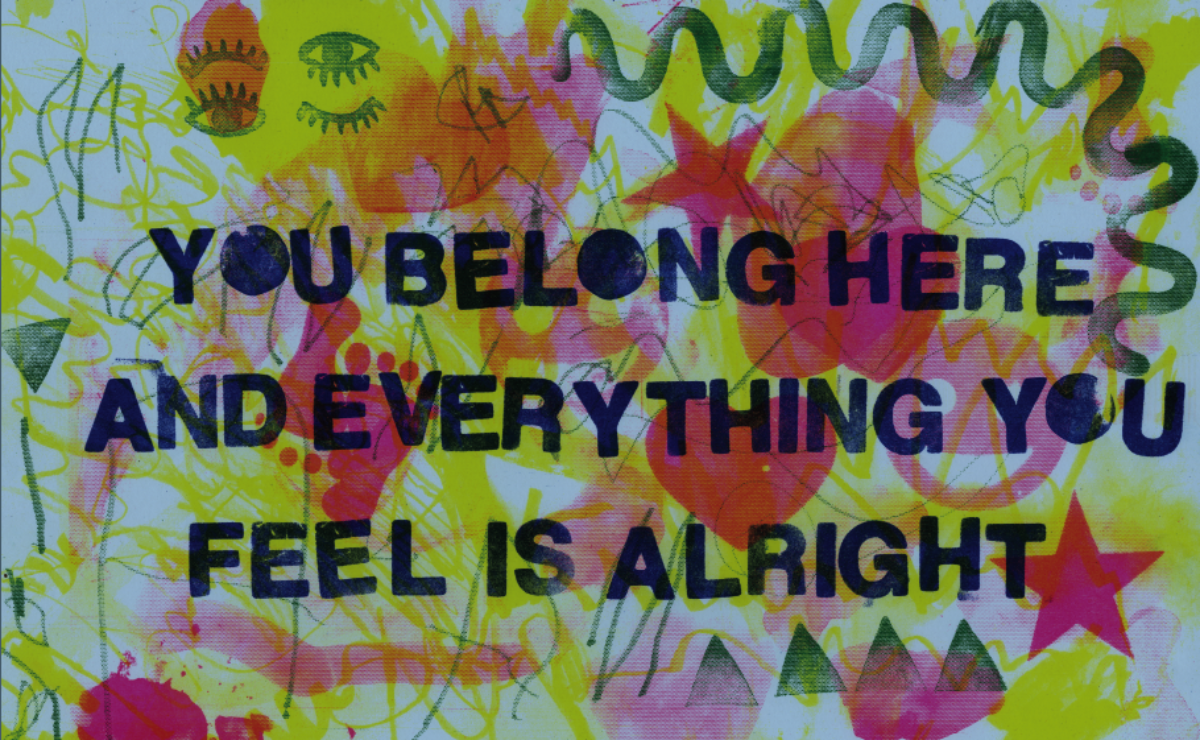The themes that I see across this week’s reading is oppression via patriarchy. The Redstockings Manifesto very clearly names men as societal dominators – and interestingly notes that other -isms (most notably capitalism and racism) as mere extensions of male suppression. These systems were, and still are, primarily controlled by a small subset of white men.
In Steinhem’s Washington Post piece, she notes ways in which science has proven male superiority over women. She laughs, and continues on to include an amusing statistic from the American Medical Association, that “women are better drivers because they’re less emotional than men.” While interesting, the piece itself feels reductive to the movement. At a time when women were fighting tooth and nail for equality, she published a piece that openly mocks her oppressors multiple times. I can only imagine that the Post’s male readers were not impressed. While Steinhem did put in considerable work in the Women’s Lib Movement, I consider her to be a figurehead of “cultural feminism”: a movement that is based on feminism’s effect on one’s personal life and relationships, a way for women to shout “equality” for the sake of themselves, and not society at large.
The Politics of Housework notes ways in which a woman’s husband argues his way out of housework, and the following is particularly offensive:
In animal societies, wolves, for example, the top animal is usually a male even where he’ is not chosen for brute strength but on the basis of cunning and intelligence. Isn’t that interesting ?”
Meaning: I have historical, psychological, anthropological and biological justification for keeping you down. How can you ask the top wolf to be equal?
I find the above quote to be a perfect example of the way men either consciously or unconsciously (neither of which are acceptable) assert control over women, implying that they are “better than” on the basis of their sex.

Great point about “cultural feminism,” Annabeth- this is something we can pick up in class.